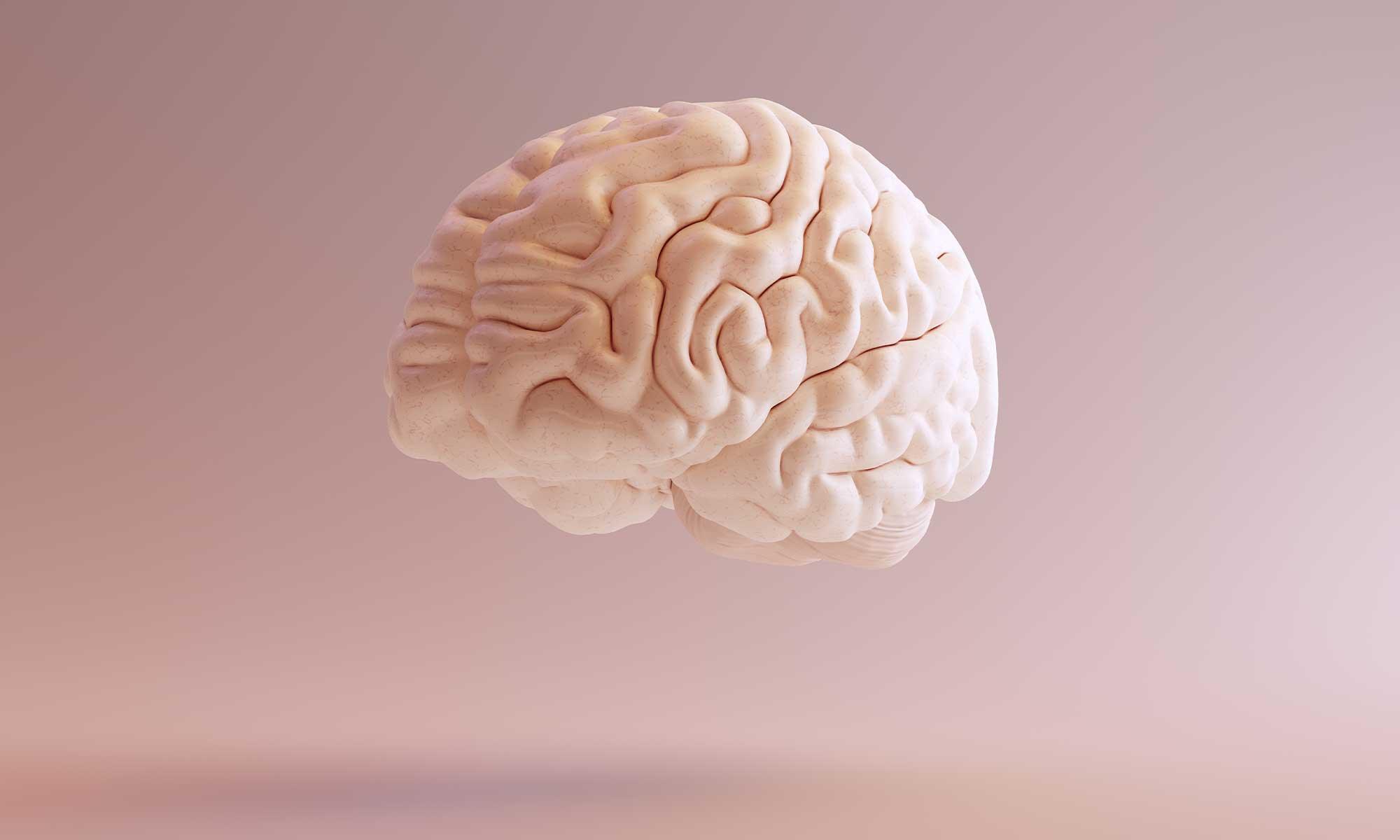Your brain is an important and complex part of your anatomy. It controls most body processes and is responsible for behavior, emotion, memory, and reasoning. Brain health is vital to almost everything you do. There are 3 layers of tissue between your skull and brain. They protect it and your spinal cord. Each part serves a specific function and works in unison with other parts. The 4 parts of the brain are:
Brain Components
Brain Stem:
This is at the base of your brain and connects the cerebrum to the spinal cord. It controls involuntary processes including heart rate, breathing, blood pressure, and swallowing.
Cerebellum:
This is in the back of your brain and is responsible for balance, movement, and posture.
Limbic System:
This is a collection of structures at the center of your brain that control memory and emotion.
Cerebrum:
This encompasses a major portion of your brain and is divided into right and left halves. The left half controls the right side of your body and the right half controls the left side of your body. Each half is subdivided into 4 lobes:
- The frontal lobes are responsible for emotions, problem solving, logical reasoning, concentration, and intelligence
- The parietal lobes are important to integrating sensory information, motor function, and spatial orientation
- The occipital lobes are responsible for speech and hearing. They help you to remember and understand language
- An inability to perform simple tasks
- Changes in personality
- Difficulty speaking and understanding language
- Trouble dealing with directions and numbers
Quick Brain Health Tips
There are several things you can do now to help maintain good brain health as you age. Some good suggestions are:- Stay physically active
- Participate in mentally stimulating activities
- Reduce tension and stress in your life
- Eat a healthy low-cholesterol, low-fat and antioxidant-rich diet
- Treat any type of head injury seriously
- Get a yearly physical exam
- Avoid consuming illicit drugs and drink alcohol in moderation


7 Unusual Study Tricks to Ace Your Next Exam
The Hidden Link Between Sleep, Alzheimer’s and Parkinson’s Disease